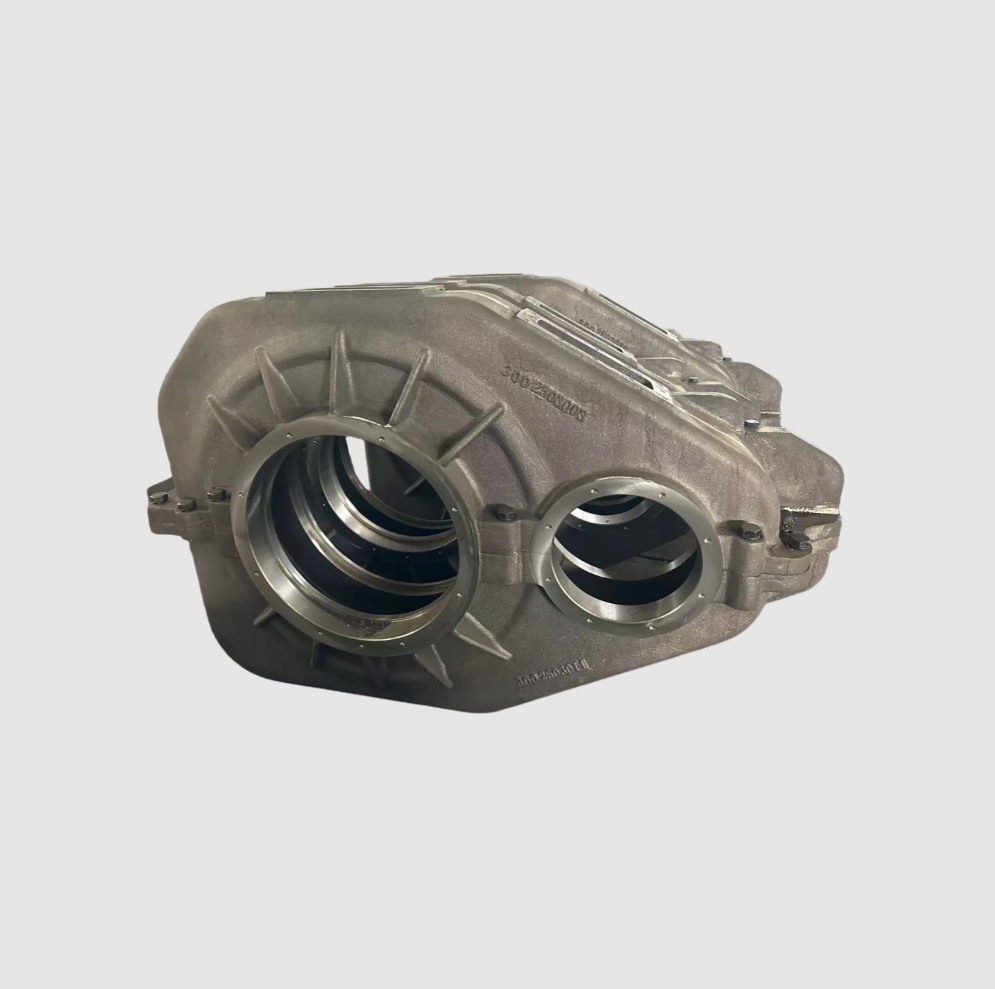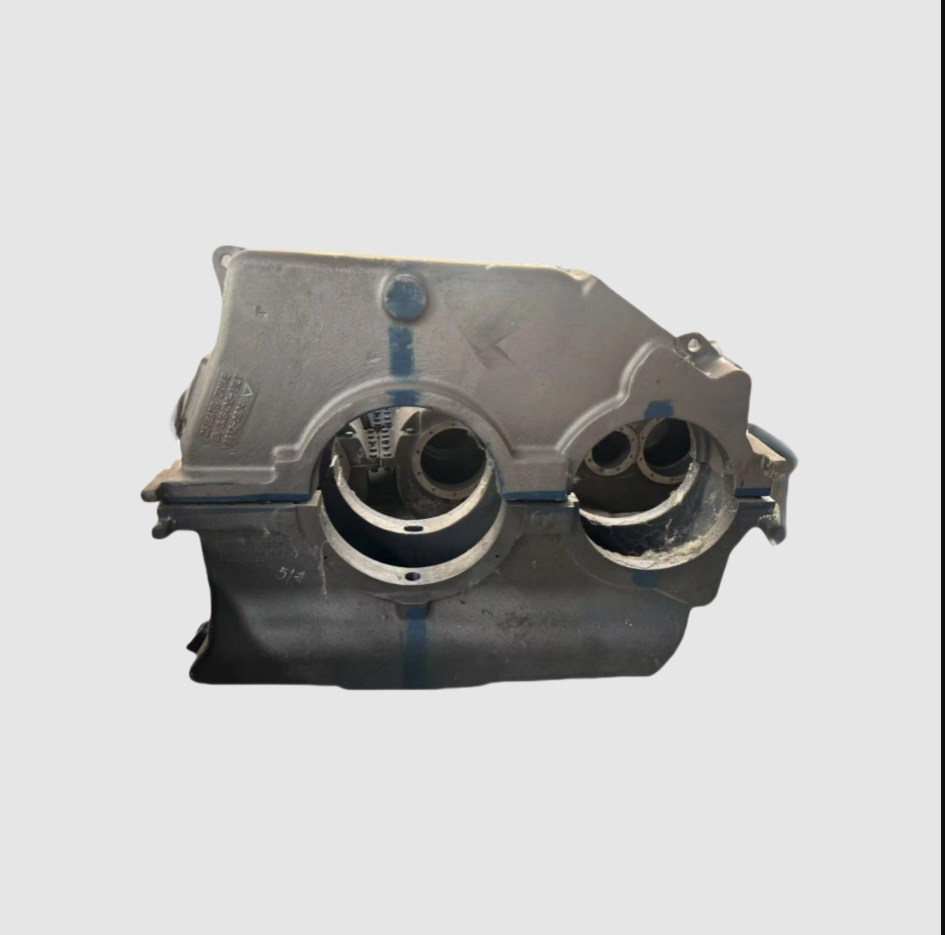Every part in a train system must function well. This keeps the system risk-free and effective. Train casting components are extremely essential. They give assistance, link things, and conduct signals. Their quality affects just how secure the railway network is. When you buy these components for South Africa, South America, or Russia, you need to discover good suppliers. To be effective, you require to recognize the neighborhood technical regulations. Right here are 5 vital top quality requirements you have to constantly adhere to.
1. Material Make-up & Mechanical Features: The Structure of High quality
The efficiency of cast iron depends upon its details chemical structure and casting process, and must fulfill the worldwide or regional criteria of the target market. A trustworthy railway casting parts manufacturer will give full material traceability.
1.1 Composition Criteria: Must follow standards such as International Standards (ISO), European Requirement (EN), Russian GOST standards, or those generally made use of in South America like IRAM (Argentina) and ABNT NBR (Brazil). The web content of damaging elements like phosphorus and sulfur have to be purely controlled.
1.2 Mechanical Qualities: Focus on tensile toughness, yield toughness, solidity, and prolongation. For pliable iron, describe standards such as ISO 1083, EN 1563, or GOST 28394. Purchase ought to require vendors to provide product certifications and mechanical test records that comply with the target market’s demands.
(Railway Cast Iron Gearbox)
2. Dimensional Accuracy & Resistance Control: Making Sure a “Perfect Fit”
Railway jobs worldwide have strict needs for dimensional interchangeability; any kind of inconsistency can influence system combination. Precision is a mark of remarkable railway casting manufacturers.
2.1 Important Measurements: All user interface dimensions and mounting opening positions for all railway casting elements have to be 100% inspected.
2.2 Resistance Criteria: Need to stick to internationally identified requirements like ISO 2768, or details resistance requirements explicitly set with the client. For the Russian and CIS markets, special focus needs to be paid to following pertinent resistance specifications in GOST 30893.
3. Limitations on Casting Flaws: Eliminating Inner Hidden Dangers
The acceptance requirements for casting flaws have to be clearly defined in agreements and based upon globally or regionally recognized requirements. Leading train casting parts supplier procedures employ strenuous non-destructive screening.
3.1 Surface Defects: Standards like ISO 8062 can be referenced for assessing casting surface area top quality. Cracks, cold shuts, and various other flaws affecting service are not allowed.
3.2 Internal Defects: For crucial load-bearing train casting elements, non-destructive testing (e.g., ultrasonic, radiographic) ought to be carried out according to criteria like ISO 4990, EN 12680, or the GOST R 55724 series, with clear acceptance degrees for problems.
4. Metallographic Structure & Internal Quality
The tiny structure of the product is the crucial basis for evaluating whether its inner quality satisfies the standard. This is an essential look for any type of expert train spreading components maker.
4.1 Ductile Iron: The assessment of nodularization rate need to adhere to criteria such as ISO 945-1 or GOST 3443 to ensure its mechanical residential or commercial properties meet the requirements for use under complex working problems.
4.2 Graphite Morphology & Matrix Structure: The metallographic evaluation report is an essential record for verifying the security of the production process and need to comply with the appropriate international or local requirements.
(Railway Cast Iron Gearbox)
5. Anti-Corrosion Treatment & Surface Area Quality: Withstanding Harsh Environments
Provided South Africa’s seaside high salinity, South America’s tropical rainforest humidity, and Russia’s extreme cold and de-icing salts, anti-corrosion treatment for train spreading parts is critical.
5.1 Treatment Processes: Specify the sort of anti-corrosion procedure, such as hot-dip galvanizing (ISO 1461), epoxy coating, and so on, and define essential indications like finishing density, attachment ( e.g., ISO 2409), and salt spray resistance ( e.g., ISO 9227).
5.2 Regional Criteria: Need to take notice of details requirements of the target market, such as Russia’s GOST 9.307 anti-corrosion system accreditation, or South Africa’s SANS (South African National Requirement) criteria. A global railway spreading suppliers will certainly recognize with these diverse demands.
Luoyang Fonyo Heavy Industries Co., Ltd. is a leading maker of hefty industrial castings and elements, concentrating on providing high-quality steel spreadings, including carbon steel, high manganese steel, alloy steel, and heat-resistant steel castings. With a thorough solution model incorporating layout, spreading, machining, and service, Fonyo guarantees that each item fulfills rigorous top quality and efficiency standards to satisfy the demanding needs of numerous hefty industries.
If you are looking for a trusted supplier of railway track clip, Luoyang Fonyo Heavy Industries Co., Ltd. is your ideal choice. Visit Fonyo’s official website (www.railwaypart.com) for more product information and technical support!
All articles and pictures are from the Internet. If there are any copyright issues, please contact us in time to delete.
Inquiry us

